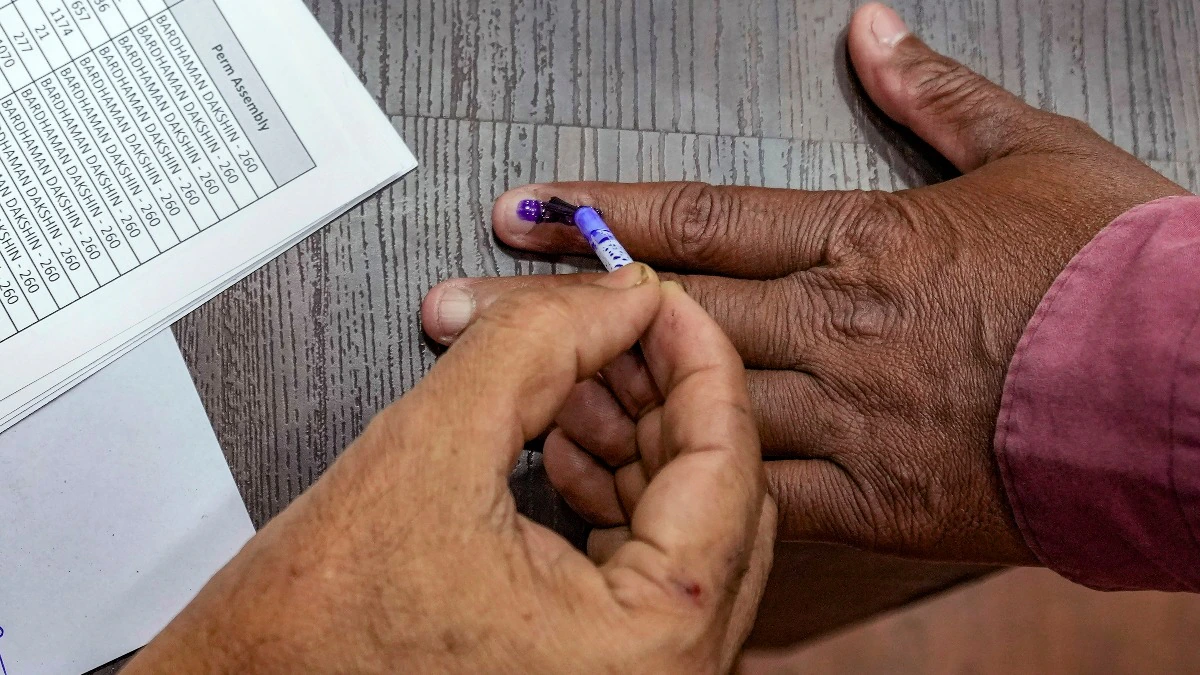As of August 2025, West Bengal’s electoral landscape has come under intense scrutiny following reports of an alarming surge in voter registrations. The Election Commission of India (ECI) has noted a staggering increase in voter IDs, with some areas witnessing a rise of up to 600 percent. This unprecedented growth, particularly in border regions, has raised serious questions about the integrity of the electoral roll and sparked widespread debate. A demographic reconstruction research article published in Swarajya by Vidhu Shekhar, Assistant Professor of Finance and Accounting at SPJIMR, highlights that West Bengal may have 1.04 crore excess voters, underscoring the magnitude of the issue.
The Scale of the Surge
The rapid increase in voter numbers is not uniform across the state but is most pronounced in border districts such as Cooch Behar, North 24 Parganas, and Malda, which share boundaries with Bangladesh. Reports suggest that this spike cannot be attributed to natural population growth alone, as no region globally sustains such a dramatic rise in voter rolls. The ECI has acknowledged discrepancies, with some constituencies showing voter numbers exceeding their total population, a statistical anomaly that demands immediate investigation.
Border Areas: A Red Flag
The situation in border regions is particularly troubling. Proximity to international boundaries has historically been linked to illegal migration, and the current voter surge has fueled speculation of unauthorized inclusions in the electoral rolls. Local leaders and citizens have voiced concerns that lax verification processes may have allowed ineligible individuals to register, potentially undermining the democratic process. The ECI must prioritize a thorough audit of these areas, cross-verifying voter data with census figures and residency records.
Election Commission’s Response
The ECI has taken initial steps to address the issue, issuing clarifications and promising a detailed review of the voter list. In a recent statement, the commission attributed some discrepancies to clerical errors and duplicate entries, assuring the public of corrective measures. However, critics argue that these explanations fall short, given the scale of the anomaly. The commission has also initiated special drives to update voter lists, but the effectiveness of these efforts remains to be seen.
Potential Causes and Concerns
Several factors could explain this abnormal growth. Allegations of political manipulation, including the registration of non-residents or undocumented migrants to sway election outcomes, have surfaced on social media platforms like X. Additionally, inefficiencies in the voter registration process, such as inadequate identity verification or reliance on outdated data, may have contributed. The ECI must investigate whether political parties have exploited these loopholes and ensure stringent checks to prevent future irregularities.
Steps Forward
To restore public trust, the ECI should implement a multi-pronged strategy. First, a comprehensive door-to-door verification campaign should be launched, especially in border constituencies, to validate voter identities. Second, advanced technology, such as biometric authentication and Aadhaar linkage (where legally permissible), could enhance the accuracy of the electoral roll. Third, the commission should collaborate with border security agencies to monitor demographic changes and flag suspicious patterns. Regular public disclosure of audit findings will also be crucial to maintain transparency.
The Broader Implications
This voter surge threatens the credibility of elections in West Bengal, a state with a politically charged history. If left unaddressed, it could set a precedent for similar issues in other states, eroding faith in India’s democratic institutions. The ECI’s proactive engagement with stakeholders, including political parties and civil society, will be essential to devise a long-term solution.
The dramatic rise in West Bengal’s voter numbers, particularly in border areas, is a pressing concern that requires urgent attention. While the ECI has begun addressing the issue, a more robust and transparent approach is needed to safeguard the electoral process. As the 2026 Assembly elections approach, ensuring the integrity of the voter list will be paramount. The commission’s actions in the coming months will determine whether this anomaly remains a temporary glitch or evolves into a systemic challenge for Indian democracy.





